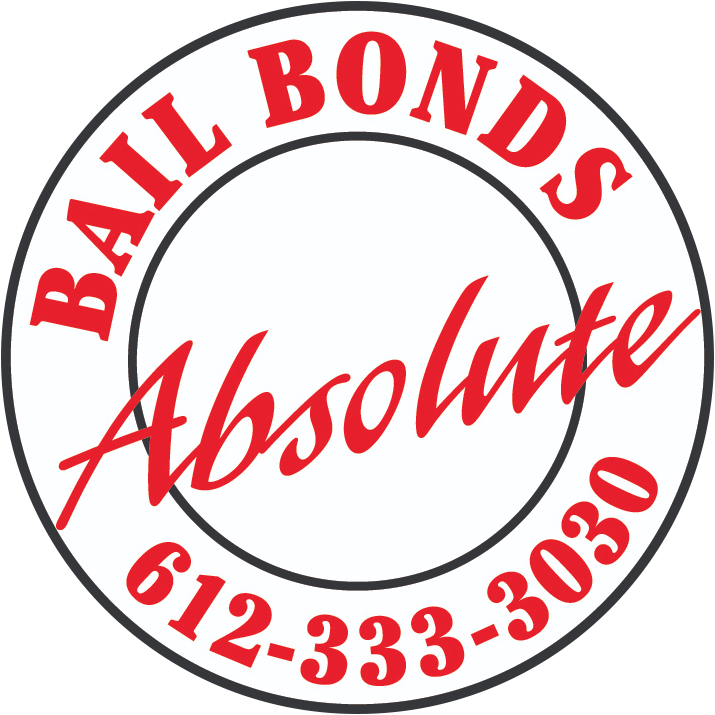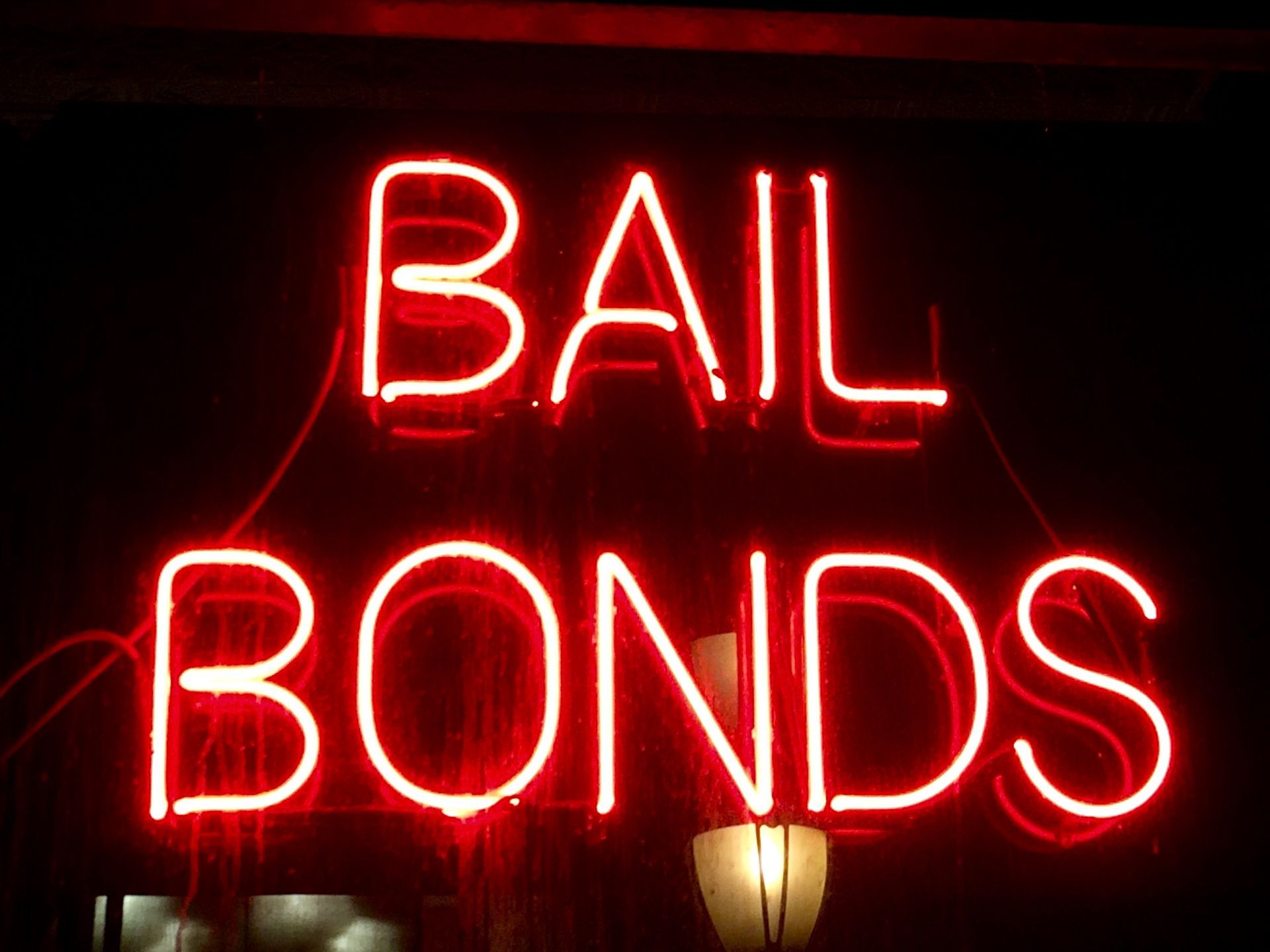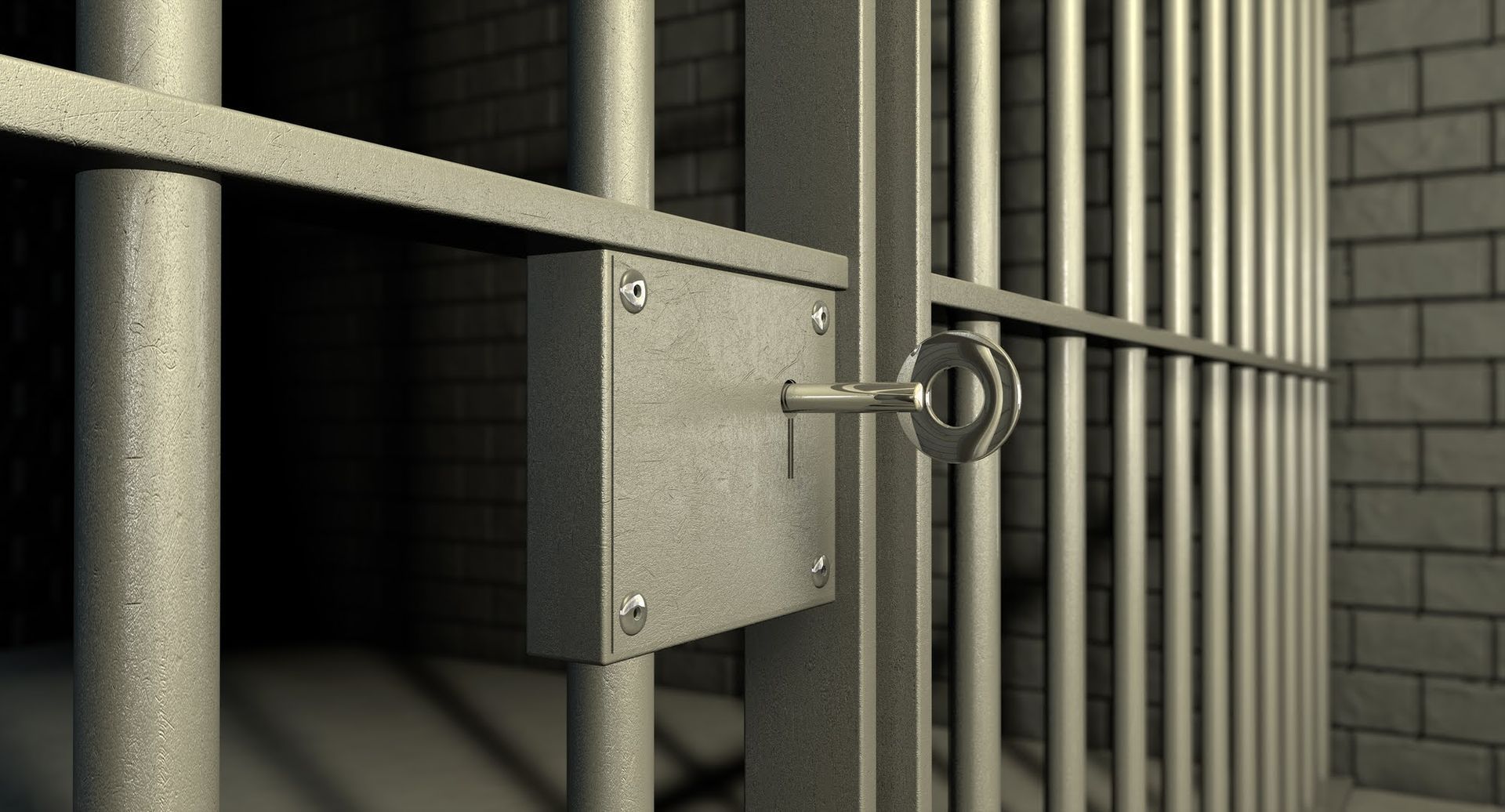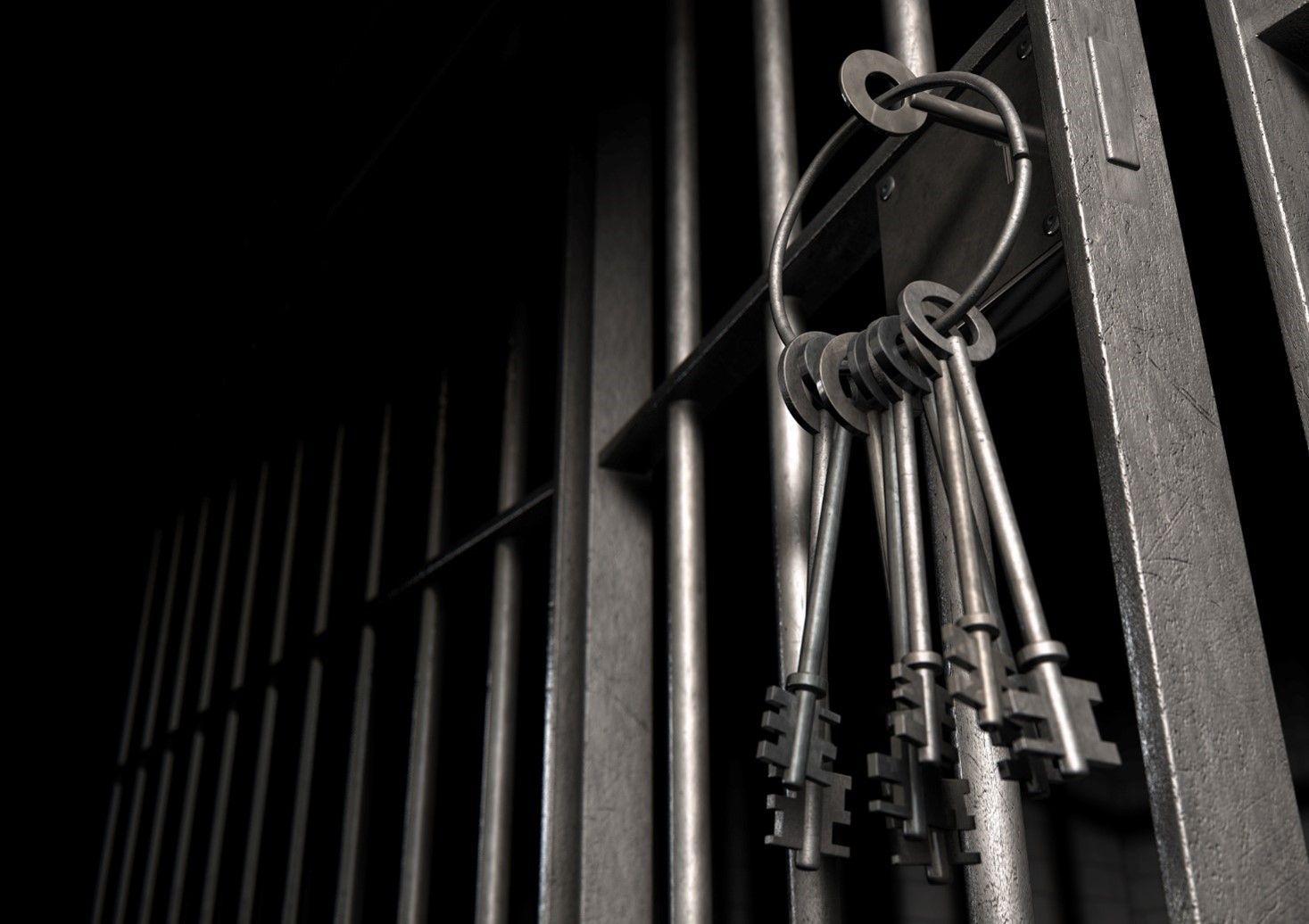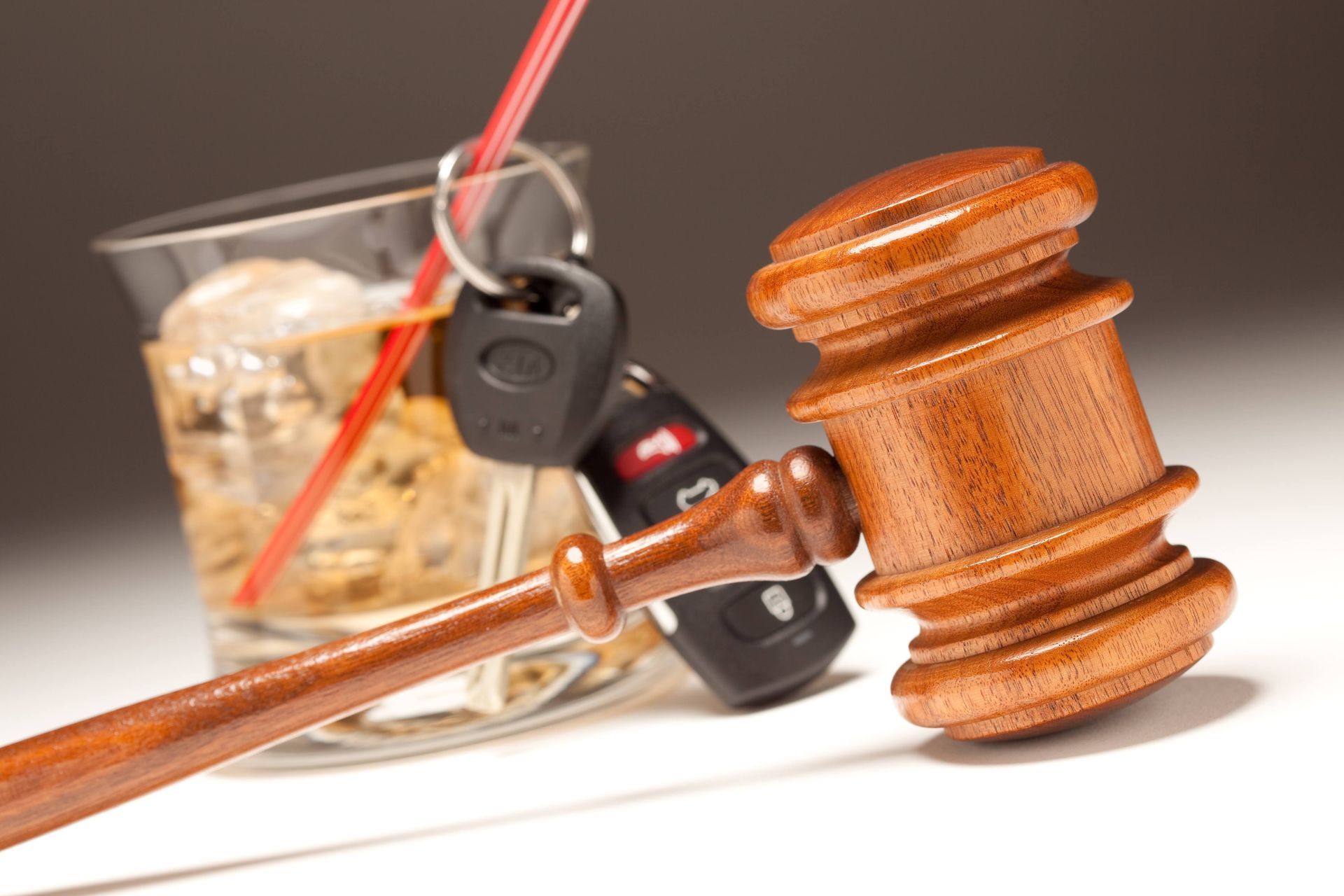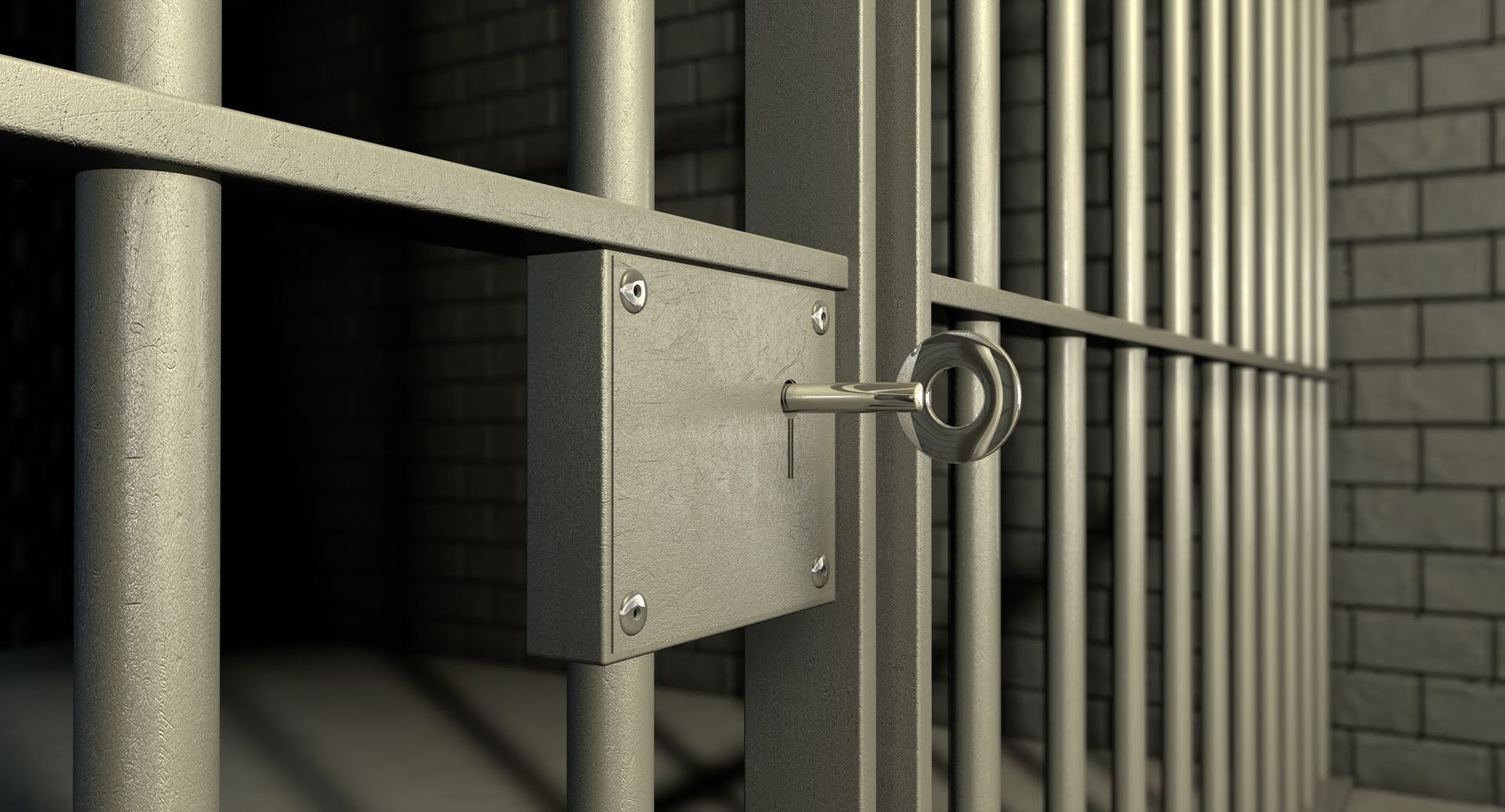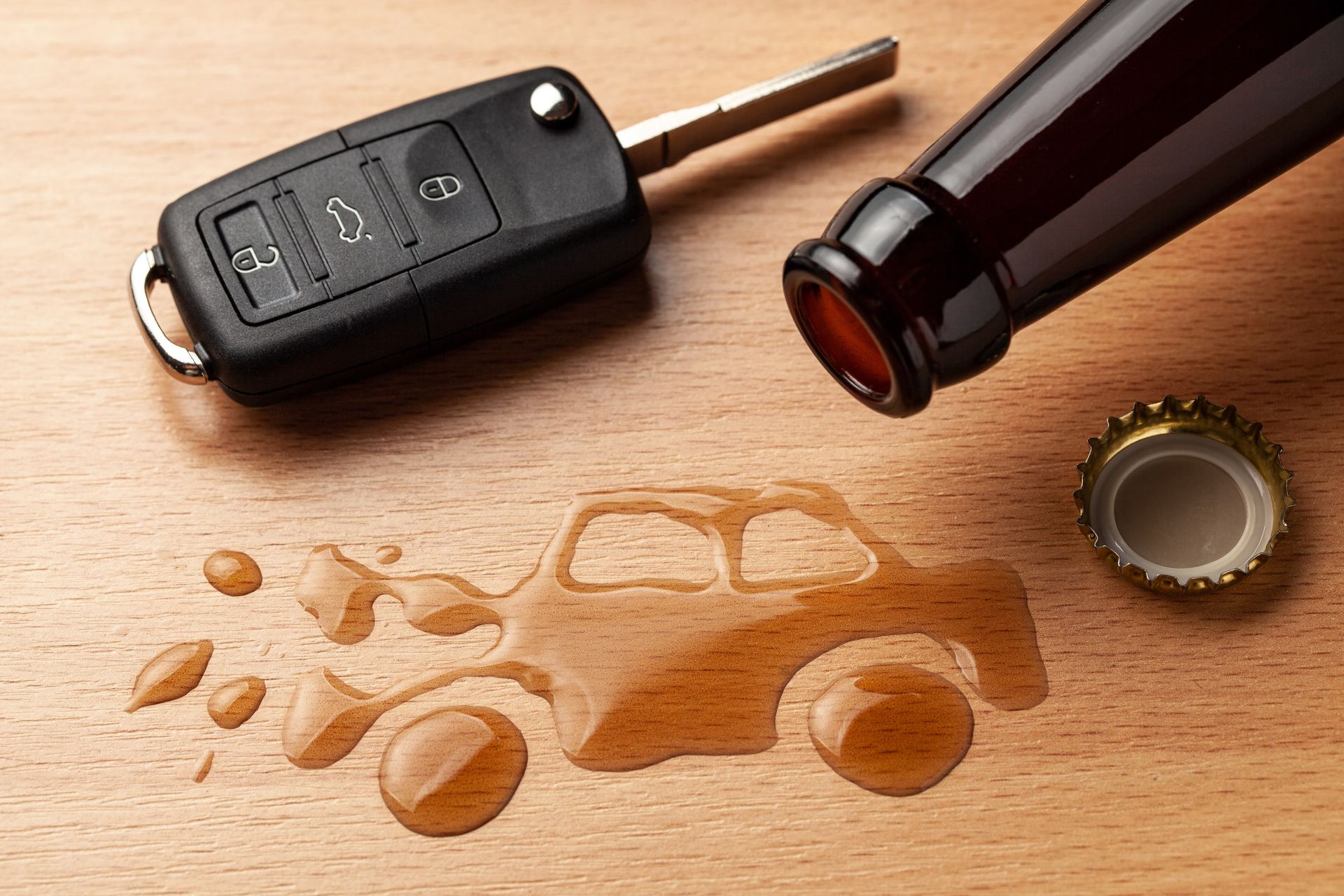What Can You Use as Collateral to Secure a Bail Bond?

When you are faced with the need to secure a bail bond, it's essential to understand what collateral is and what options you have available. Collateral is an asset that a person offers as security for a loan or, in this case, a bail bond. In the event that the defendant fails to appear in court or meet the conditions of their release, the collateral is forfeited. Knowing what you can use as collateral can help expedite the bail process and ensure that your loved one is released from custody promptly.
Real Estate:
One commonly utilized form of collateral is real estate. This category of assets encompasses various properties like residential homes, plots of land, or even commercial structures. The bail bondsman evaluates the property's worth to ascertain its eligibility to meet the specified bond amount. It's crucial to bear in mind that opting for real estate as collateral may necessitate additional documentation and procedural steps to finalize the bond agreement.
Vehicles:
Another viable option for bail bond collateral is vehicles. This includes a wide range of vehicles, including cars, motorcycles, and boats. During this process, the bail bondsman will meticulously evaluate the vehicle's value to determine its suitability for covering the required bond amount. It is crucial to emphasize that selecting a vehicle as collateral may require providing concrete evidence of ownership and presenting pertinent documentation regarding its valuation. This procedure ensures that the vehicle can be an adequate asset for securing the bail bond, reinforcing the financial commitment and trust between the parties involved.
Valuables:
In some circumstances, valuable items such as jewelry, artwork, antiques, or collectibles can potentially serve as collateral for a bail bond. It is important that these items have real value, and you may also need a formal appraisal for them to be deemed acceptable as security. While the option to use these assets as collateral is available, it is crucial to be aware of both their sentimental and monetary value before offering them as security. Taking a look at your valuables from all angles ensures that the decision you make aligns with your overall financial stability and emotional well-being, which is a thoughtful approach to the situation.
Cash:
For those who prefer not to risk losing personal assets, cash can also be used as collateral for a bail bond. This involves depositing the full amount of the bond with the court or jail directly or through a licensed bail bondsman, who will post it on your behalf. While this option eliminates the need for physical assets such as collateral, keep in mind that not everyone has access to large sums of cash at once.
Personal Guarantee:
If traditional forms of collateral are not available, some individuals may opt for a personal guarantee instead. This involves signing an agreement stating that you will pay back the full amount of the bond if the defendant fails to appear in court or violates their release conditions. While this option does not require physical assets upfront, it does carry financial responsibility if things go awry.
When securing a bail bond, having knowledge of what you can use as collateral is crucial in expediting the process and ensuring your loved one's prompt release from custody. Whether it's real estate, vehicles, valuables, cash, or a personal guarantee, there are various options available depending on individual circumstances and preferences. Before deciding on which form of collateral to use, it's essential to weigh all factors carefully and consult with a bail bondsman who can guide you through the process smoothly and efficiently.
Contact us at Absolute Bail Bonds to learn more.
